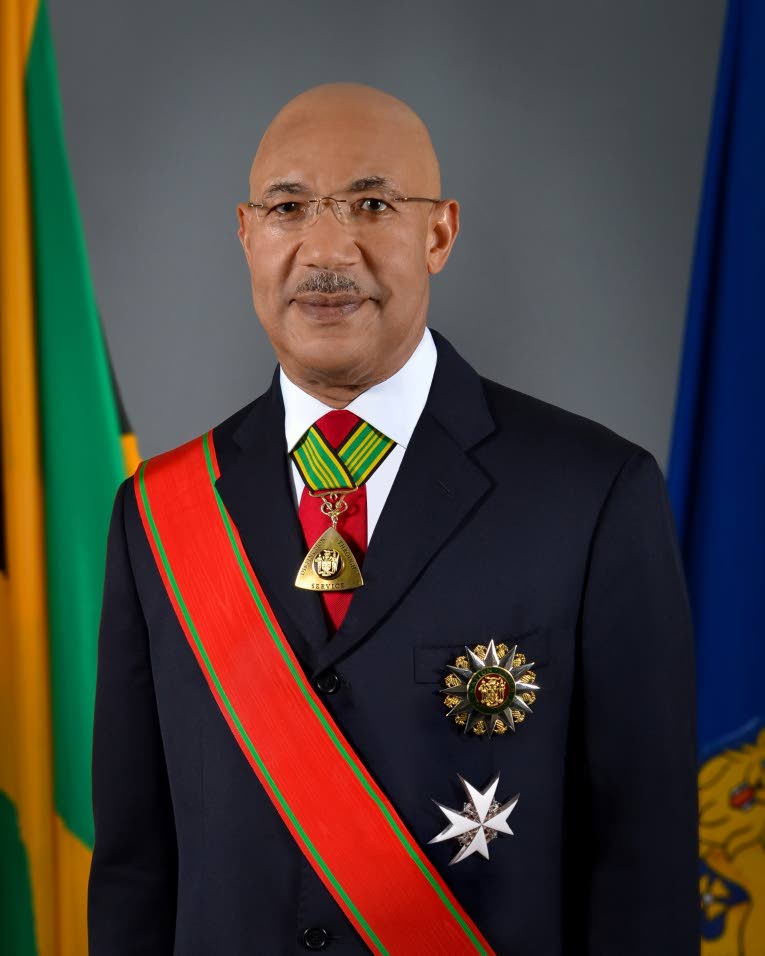President of Jamaica Association of Principals of Secondary Schools, Linvern Wright, speaking with reporters Tuesday.
KINGSTON, Jamaica — The president of the Jamaica Association of Principals of Secondary Schools (JAPSS), Linvern Wright, has pushed back against recent public criticism of school rules related to hair, uniforms and discipline, saying these debates often distract from the core values schools are trying to instil.
“I noticed that what has happened in recent times is that our conversations about education have become about hair. It has become about hair, shoes and about uniforms… I really think the public should just leave those things. We don’t, as principals, hold on to hair and those things because we think they are so important,” Wright shared with Observer Online.
Wright explained that schools implemented rules to teach students the principle of compliance in society.
“What we use that to do is to teach them a principle of compliance in a society that is horribly undisciplined. Compliance on the roads would have helped with fewer accidents. Compliance with laws and rules would have helped with less violence. Compliance would have helped with seeing people’s things and not troubling them. So we are not saying that it is a clause that is important. It’s a principle of compliance,” he said.
There has been much debate in the public domain surrounding schools enforcing rules that bar students from the classroom due to their attire and the grooming of their hair.
Just recently, at least 34 students of Calabar High School in St Andrew were refused entry to the institution at the start of the academic year due to their attire and hair, including those with black hair dye, incorrect belt buckles, missing buttons from their khakis, tight pants, and incorrect hair lengths.
READ: Lockout at Calabar
There has also been an ongoing debate surrounding the move by St Andrew High School for Girls to ban “edges”.
But Wright noted that when society undermines school authority, it contributes to indiscipline in the classrooms.
“When you are in schools and you understand what is happening with children, many principals and teachers are frustrated with the indiscipline that comes from the carry-on calls in society to say, ‘Leave these children alone’. Because when you say, ‘Leave them alone with the hair’, it becomes about so many other things that people don’t understand,” he said, noting that many of the students who defy the rules are the ones who fail to do their assignments.
He stressed that this indiscipline in turn impacts students’ academic performance.
“Many of them are the same ones who don’t do well in terms of the Caribbean Secondary Education Certificate (CSEC) examinations. There’s a correlation between all of that. So what we really want society to do is to help us by understanding that some of the things that we are doing that they don’t understand. They need to come in and understand and know that what we are seeking is a commitment and collaboration on the principle of compliance and on some values that are going to assist us in getting our children to do the kinds of things that will help them to have better values and become more committed students to their CXCs and understand that it is to comply with what teachers ask that they do their assignments and that they do their examinations,” he said.
Wright noted that the lack of support from society for teachers is also a contributing factor to teacher resignations.
“When our society is not working with us in those things, people are frustrated, and they just want to leave because no teacher really likes a bad result, even if they are a bad teacher. And some of these things that we are doing in society are aiding and abetting these bad results. And we have to do a little better than that in support of this system. Alright, that’s it from me,” he said.










